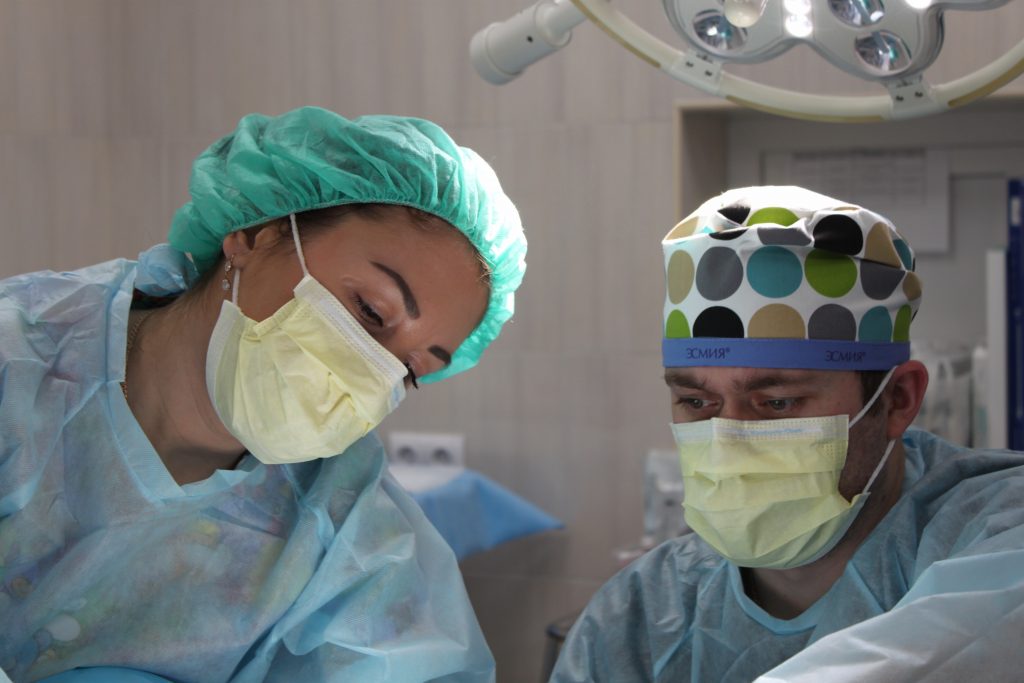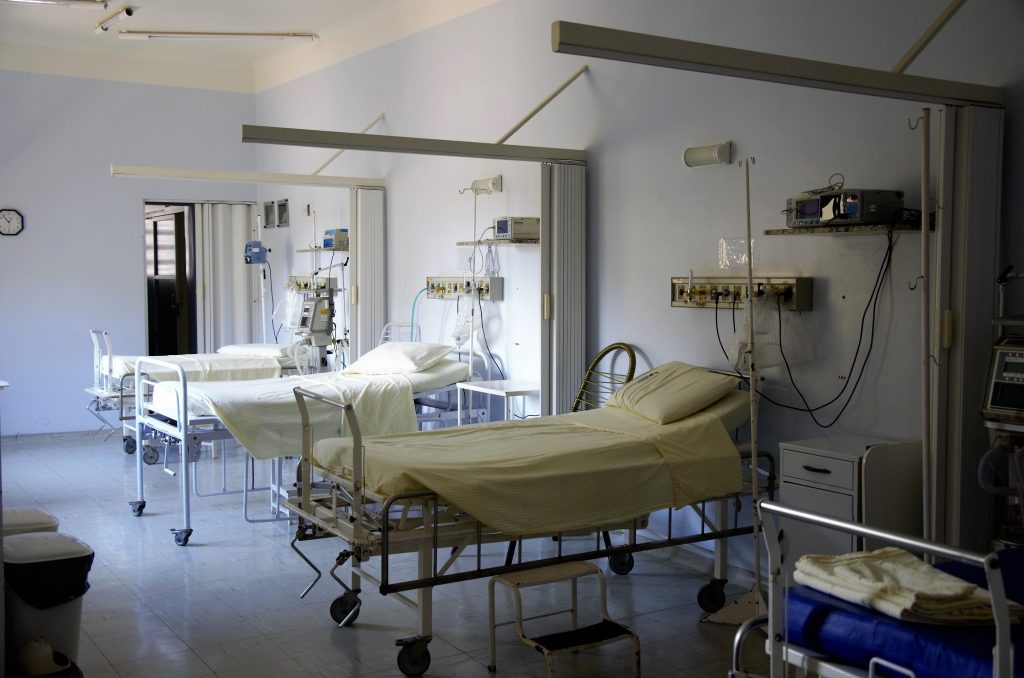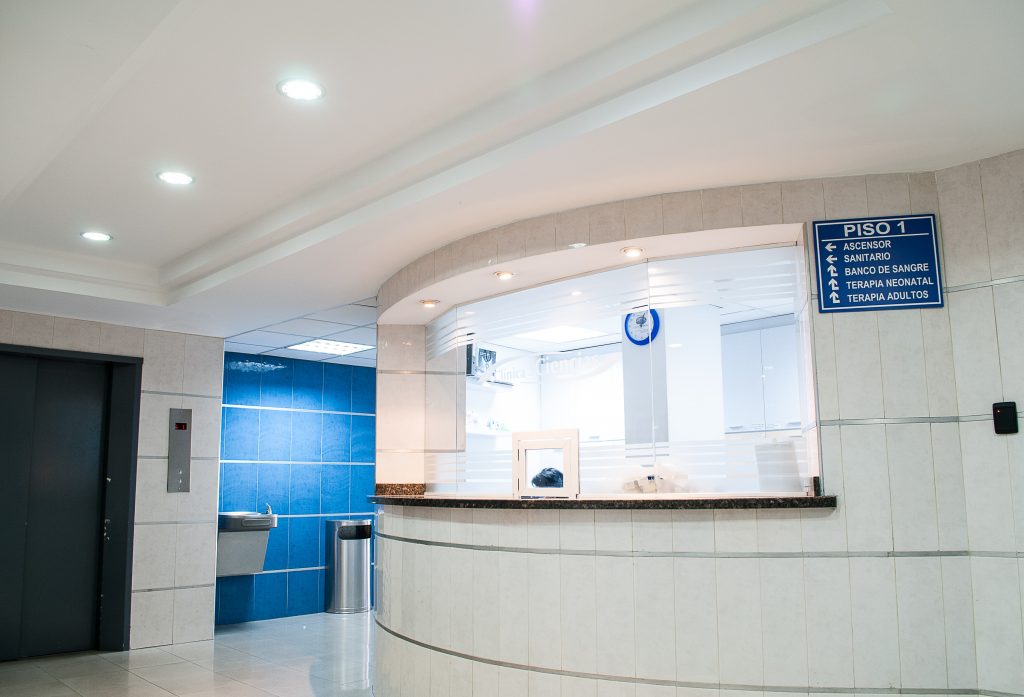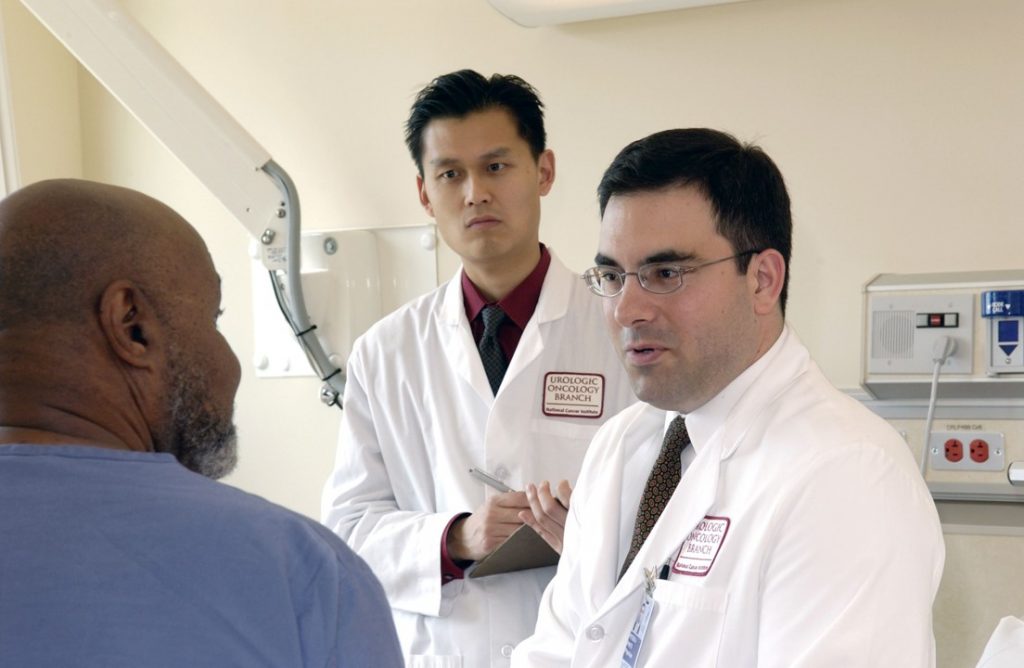 The already tragic loss of a parent is only made worse when you believe that the death should have been prevented. Such was the case for Chester Domingue when his ninety-four-year-old mother, Onelia, passed away as the result of a fall in her nursing home, Camelot. While a medical provider cannot anticipate every danger that a client could encounter, what reasonable precautions does Louisiana law require to prevent as many dangers as possible?
The already tragic loss of a parent is only made worse when you believe that the death should have been prevented. Such was the case for Chester Domingue when his ninety-four-year-old mother, Onelia, passed away as the result of a fall in her nursing home, Camelot. While a medical provider cannot anticipate every danger that a client could encounter, what reasonable precautions does Louisiana law require to prevent as many dangers as possible?
Mrs. Domingue, like most ninety-four-year-olds, fell a lot. To be exact, she fell at least twenty-seven times while a resident of Camelot. After many of those falls, the Camelot staff put in place different protocols and precautions. Since Mrs. Domingue used a wheelchair, many of these protocols centered around not letting her get in and out of the wheelchair alone, especially when she needed to go to the bathroom. Yet, she still sometimes tried to use the bathroom by herself. When she did so on April 17, 2014, she hit her head, fracturing her spine and giving her a concussion. Less than a month later, she passed away from those injuries.
In the aftermath, her son wondered why his mother was left by herself to go to the bathroom in the first place. He brought a lawsuit against Camelot alleging medical malpractice for their inattentiveness to his mother’s potential danger. Camelot petitioned to have the case dismissed via summary judgment. They believed that they didn’t break any laws in how they treated Mrs. Domingue. The Trial Court didn’t think that Mr. Domingue had shown that there was a real question of material fact as to if Camelot was negligent. As a result, the Trial Court granted Camelot summary judgment and dismissed the case.
 Louisiana Personal Injury Lawyer Blog
Louisiana Personal Injury Lawyer Blog


 Losing a family member just a few shorts weeks after the family member was discharged from surgery can cause one to wonder if the death occurred due to medical malpractice. Providing expert medical testimony can often be essential to succeeding in a medical malpractice lawsuit, and certainly in the case of defending against a summary judgement motion due to failing to provide such an expert.
Losing a family member just a few shorts weeks after the family member was discharged from surgery can cause one to wonder if the death occurred due to medical malpractice. Providing expert medical testimony can often be essential to succeeding in a medical malpractice lawsuit, and certainly in the case of defending against a summary judgement motion due to failing to provide such an expert. Medical malpractice lawsuits have a one year deadline for a patient to bring a lawsuit. This is called the peremptory exception of prescription. This deadline attempts to provide the patient with enough time to figure out they have been wronged by a doctor, while also providing doctors with protection against claims several years old where the evidence can be less reliable. With the help of an excellent attorney, a New Orleans doctor was able to deal win a lawsuit that was brought over two years after a visit with a patient.
Medical malpractice lawsuits have a one year deadline for a patient to bring a lawsuit. This is called the peremptory exception of prescription. This deadline attempts to provide the patient with enough time to figure out they have been wronged by a doctor, while also providing doctors with protection against claims several years old where the evidence can be less reliable. With the help of an excellent attorney, a New Orleans doctor was able to deal win a lawsuit that was brought over two years after a visit with a patient. The biggest obstacle to any plaintiff in a medical malpractice case is prescription, but what is that? In the state of Louisiana, prescription is a peremptory exception that can be claimed by defendants. Prescription can be thought of as a privilege for medical professionals which exempts them from malpractice cases so long as they are working within the scope of their employment. It is typically difficult to overcome a prescription exception unless a plaintiff has solid proof of negligence. The following case is no exception.
The biggest obstacle to any plaintiff in a medical malpractice case is prescription, but what is that? In the state of Louisiana, prescription is a peremptory exception that can be claimed by defendants. Prescription can be thought of as a privilege for medical professionals which exempts them from malpractice cases so long as they are working within the scope of their employment. It is typically difficult to overcome a prescription exception unless a plaintiff has solid proof of negligence. The following case is no exception.  When a loved one is injured or dies at the hands of another, the fictitious reality that exists in movies and television often shows the protagonists immediately going to court to ensure justice is served. In real life, however, not everyone makes it to court, even when it seems like justice demands it. Sometimes parties settle, other times the case is dropped, and many times, it is decided that there just isn’t enough there to require a trial. This was the case for a 2015 medical malpractice lawsuit filed in the 19th Judicial District Court for the Parish of East Baton Rouge.
When a loved one is injured or dies at the hands of another, the fictitious reality that exists in movies and television often shows the protagonists immediately going to court to ensure justice is served. In real life, however, not everyone makes it to court, even when it seems like justice demands it. Sometimes parties settle, other times the case is dropped, and many times, it is decided that there just isn’t enough there to require a trial. This was the case for a 2015 medical malpractice lawsuit filed in the 19th Judicial District Court for the Parish of East Baton Rouge.  Medical malpractice lawsuits concern a wide range of different types of injuries and even death. This Louisiana case involved a claim brought by a woman who believed that the hospital and its staff acted negligently, causing her to suffer a compression fracture of the lumbar spine. Both the district court and the appellate court ruled in favor of the hospital, finding that no medical malpractice had occurred because the women failed to provide enough evidence to prove that the hospital or the hospital staff acted negligently and breached the standard of care.
Medical malpractice lawsuits concern a wide range of different types of injuries and even death. This Louisiana case involved a claim brought by a woman who believed that the hospital and its staff acted negligently, causing her to suffer a compression fracture of the lumbar spine. Both the district court and the appellate court ruled in favor of the hospital, finding that no medical malpractice had occurred because the women failed to provide enough evidence to prove that the hospital or the hospital staff acted negligently and breached the standard of care. Timing and deadlines are important aspects of the judicial system. However, these specific guidelines are not familiar to most non-lawyers, which underscores the importance of having an excellent attorney represent you. The lack of an attorney can immediately put an individual at a disadvantage, as it did in one New Orleans woman’s case.
Timing and deadlines are important aspects of the judicial system. However, these specific guidelines are not familiar to most non-lawyers, which underscores the importance of having an excellent attorney represent you. The lack of an attorney can immediately put an individual at a disadvantage, as it did in one New Orleans woman’s case. What does the common phrase “you got served” mean? You may have heard it in movies, or read it in books, and it is usually associated with the situation where someone shows up to a person’s house to hand them papers that give legal notice of a hearing. In fact, the United States Constitution requires proper service in order to guarantee fair due process. In the case of Brian Lewis versus the Baton Rouge General Medical Center (“BRGMC”), the notice procedure was complicated by the fact that Mr. Lewis failed to provide his current physical address. Mr. Lewis decided to bring a lawsuit
What does the common phrase “you got served” mean? You may have heard it in movies, or read it in books, and it is usually associated with the situation where someone shows up to a person’s house to hand them papers that give legal notice of a hearing. In fact, the United States Constitution requires proper service in order to guarantee fair due process. In the case of Brian Lewis versus the Baton Rouge General Medical Center (“BRGMC”), the notice procedure was complicated by the fact that Mr. Lewis failed to provide his current physical address. Mr. Lewis decided to bring a lawsuit  Navigating any lawsuit can be challenging, especially when the initial trial gives rise to complicated appeals. In this instance, the plaintiff was left wondering how jury instruction impacted her medical malpractice lawsuit.
Navigating any lawsuit can be challenging, especially when the initial trial gives rise to complicated appeals. In this instance, the plaintiff was left wondering how jury instruction impacted her medical malpractice lawsuit.  Timing is everything, especially when it comes to lawsuits. If you delay too long in filing a medical malpractice lawsuit, then you – like Mr. Verbois – may be unable to recover for the alleged negligent acts.
Timing is everything, especially when it comes to lawsuits. If you delay too long in filing a medical malpractice lawsuit, then you – like Mr. Verbois – may be unable to recover for the alleged negligent acts.